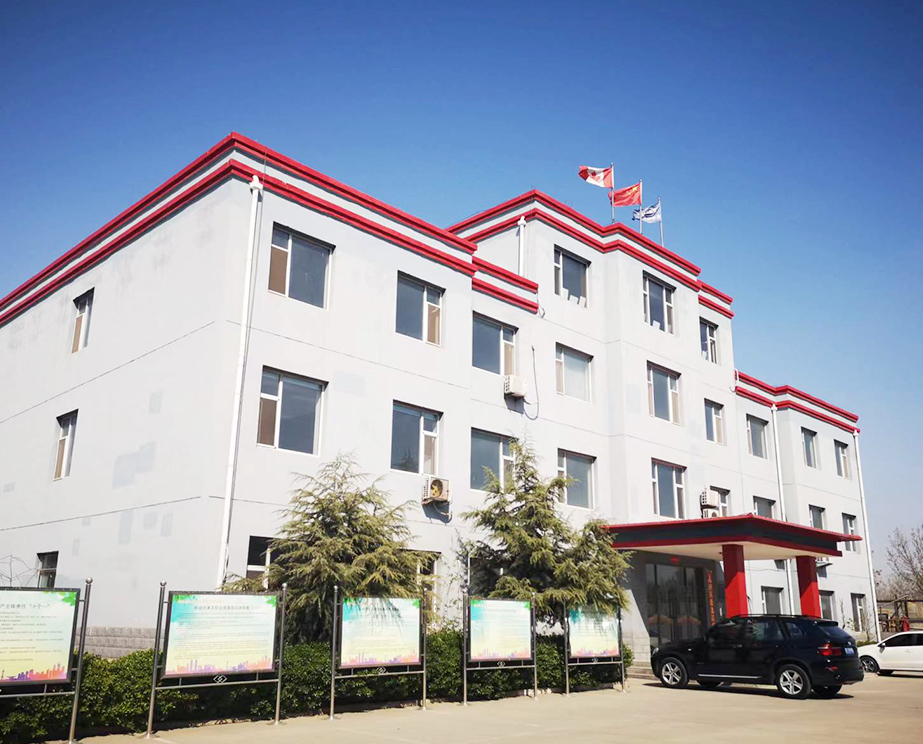- Afrikaans
- Albanian
- Amharic
- Arabic
- Armenian
- Azerbaijani
- Basque
- Belarusian
- Bengali
- Bosnian
- Bulgarian
- Catalan
- Cebuano
- Corsican
- Croatian
- Czech
- Danish
- Dutch
- English
- Esperanto
- Estonian
- Finnish
- French
- Frisian
- Galician
- Georgian
- German
- Greek
- Gujarati
- Haitian Creole
- hausa
- hawaiian
- Hebrew
- Hindi
- Miao
- Hungarian
- Icelandic
- igbo
- Indonesian
- irish
- Italian
- Japanese
- Javanese
- Kannada
- kazakh
- Khmer
- Rwandese
- Korean
- Kurdish
- Kyrgyz
- Lao
- Latin
- Latvian
- Lithuanian
- Luxembourgish
- Macedonian
- Malgashi
- Malay
- Malayalam
- Maltese
- Maori
- Marathi
- Mongolian
- Myanmar
- Nepali
- Norwegian
- Norwegian
- Occitan
- Pashto
- Persian
- Polish
- Portuguese
- Punjabi
- Romanian
- Russian
- Samoan
- Scottish Gaelic
- Serbian
- Sesotho
- Shona
- Sindhi
- Sinhala
- Slovak
- Slovenian
- Somali
- Spanish
- Sundanese
- Swahili
- Swedish
- Tagalog
- Tajik
- Tamil
- Tatar
- Telugu
- Thai
- Turkish
- Turkmen
- Ukrainian
- Urdu
- Uighur
- Uzbek
- Vietnamese
- Welsh
- Bantu
- Yiddish
- Yoruba
- Zulu
crossover pup joint
Understanding Crossover Pup Joints A Key Component in Mechanical Systems
In the world of mechanical engineering, the efficiency of various systems heavily relies on the precise functioning of their components. One such critical component is the crossover pup joint, a small yet vital piece often overlooked in the grand scheme of machinery. This article delves into the design, purpose, and applications of crossover pup joints, providing insights into their importance in mechanical systems.
What is a Crossover Pup Joint?
A crossover pup joint is a short length of pipe, typically used in drilling and production operations that require the connection of two piping systems of different sizes or types. Essentially, it acts as a transition piece, allowing for the seamless flow of fluids or gases from one diameter pipe to another. The term pup refers to its short length, and crossover indicates its function in bridging different pipe dimensions or specifications.
Design Features
The design of crossover pup joints must accommodate the stresses and pressures associated with their applications. These joints are usually made from high-strength materials, such as steel, to withstand high-pressure environments typical in drilling operations. The ends of the pup joints are often threaded or flanged for easy connection to other pipes.
Additionally, crossover pup joints may incorporate various coatings or treatments to enhance their durability and resistance to corrosion, which is critical in harsh environments, such as offshore drilling rigs
. The specific dimensions and configurations of pup joints can vary based on the requirements of the particular project, making custom designs a common practice.Applications in Industry
crossover pup joint

Crossover pup joints are widely used in the oil and gas industry, especially during drilling and production phases. In drilling operations, these joints enable the connection of drill pipes of various sizes, facilitating the extraction of oil and natural gas from subterranean reservoirs. Their design aids in mitigating pressure loss and maintaining the integrity of the drilling fluid circulation system.
In addition to oil and gas, crossover pup joints are also used in other sectors, including water treatment and mining. These industries utilize pup joints to connect different pipelines efficiently, ensuring the smooth transport of liquids and slurries.
Importance of Quality and Maintenance
The functionality of crossover pup joints directly impacts the overall efficiency of the system they are part of. High-quality joints minimize the risk of leaks or failures, which can lead to costly downtime and safety hazards. Thus, ensuring that these components are manufactured to strict specifications is paramount.
Regular maintenance and inspections of crossover pup joints are vital in prolonging their lifespan and enhancing safety. Engineers and technicians must evaluate the joints for signs of wear and tear, particularly after intense operational periods. Implementing a proactive maintenance schedule can prevent unexpected failures and costly repairs.
Conclusion
In conclusion, crossover pup joints are an essential component in various mechanical systems, particularly in the oil and gas industry. Their ability to connect pipes of different sizes efficiently makes them invaluable in ensuring seamless fluid flow and maintaining system integrity. As industries continue to innovate and advance, the demand for high-quality crossover pup joints will remain significant. Understanding their design, application, and upkeep is crucial for engineers and technicians aiming to enhance the performance and reliability of their systems. By prioritizing the quality and maintenance of these joints, we can facilitate smoother operations and pave the way for future advancements in mechanical engineering.
-
Tubing Pup Joints: Essential Components for Oil and Gas OperationsNewsJul.10,2025
-
Pup Joints: Essential Components for Reliable Drilling OperationsNewsJul.10,2025
-
Pipe Couplings: Connecting Your World EfficientlyNewsJul.10,2025
-
Mastering Oilfield Operations with Quality Tubing and CasingNewsJul.10,2025
-
High-Quality Casing Couplings for Every NeedNewsJul.10,2025
-
Boost Your Drilling Efficiency with Premium Crossover Tools & Seating NipplesNewsJul.10,2025







